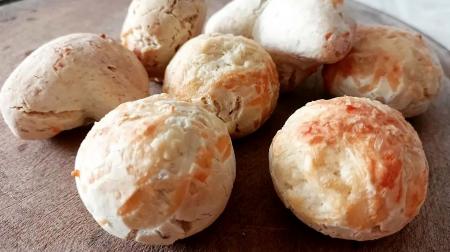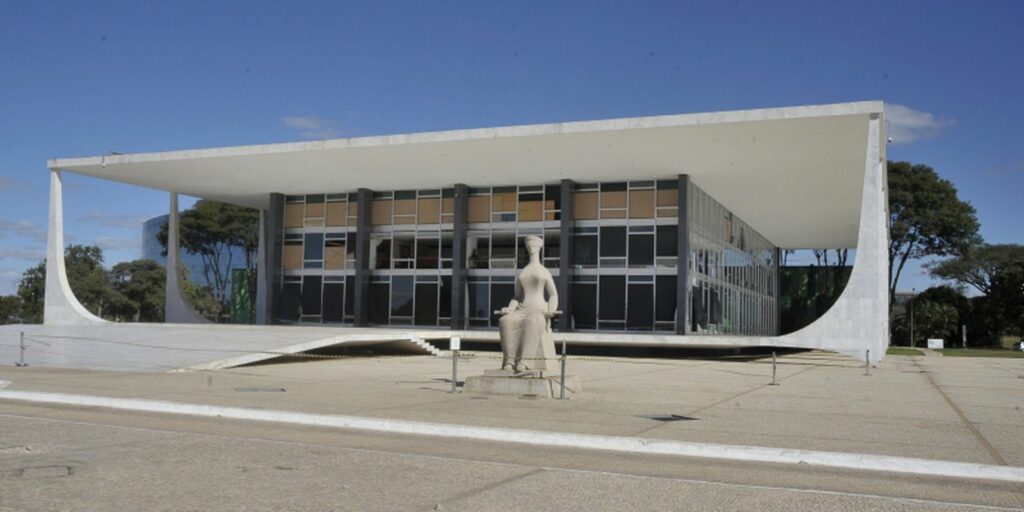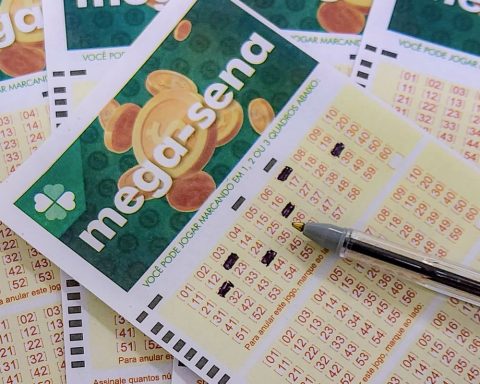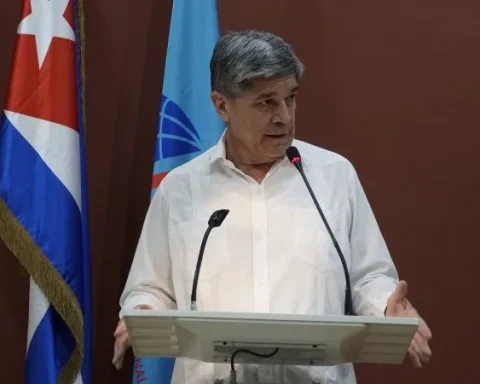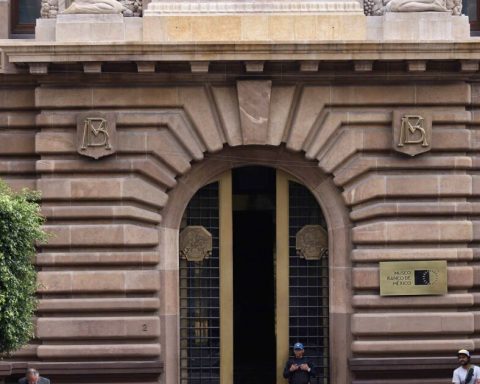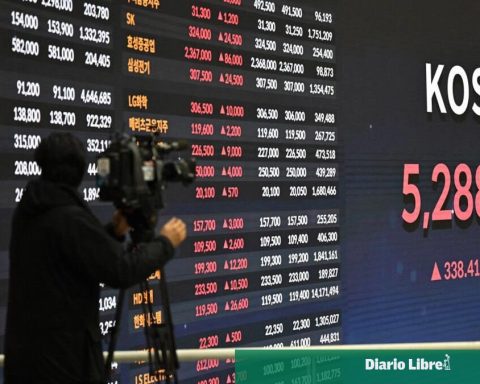Chipás (or chipa) have always been a traditional snack from Paraguay and the Argentine coast. And although they could also usually be found in neighborhood bakeries or in their industrialized form, in empanada shops on the go, with the boom in specialty coffees, which added them to their menus, they spread more than ever.
In the midst of the World Cup fever, where snacks with friends and family are part of the ritual before, during, and after each game, the chipás began to trade high. Ana María is a playwright and Melisa a psychiatrist: Parallel to their professions, both carry out a frozen chipás venture that is sweeping the word of mouth. Why does this delight have more and more followers? Why are more and more people making a habit of buying frozen chipas to always have on hand?

They met in an unforgettable Plaza del Congreso, one of those full of epic because it is the scene of a new right conquered by the popular struggle: on July 15, 2010, when the Equal Marriage Law was enacted.
Through mutual friends Ana María Lozada, who is Peruvian, and Melisa Soledad Ayala, from Corrientes, they had a crush. But not all love at first sight ends in a Disney-style romantic story: others, like this one, It led them to work together, be family and, eventually, also partners. Although people always believe that they are girlfriends (both are lesbians and have their respective partners, who also participate in the project), what unites them is a friendship that has transformed them into family.
it was so María, who has a degree in letters, playwright and theater teacher and Melisa, who is a psychiatrist and works at the Lic. Laura Bonaparte Hospital for Mental Health and Addictionstransformed their passion for gastronomy into a shared project: “Chipá Coastline”.
This idea arose, like many others, in the pandemic, which was fertile ground for creative explorations outside the usual routines. At first, they were just an offer for friends and family, until they wanted to go one step further and transform it into a venture that spreads, above all, through word of mouth.
Caught red handed

Thus, they allocate a couple of days in the middle of the week to get together to produce. They start very early kneading a kilo of cassava and experimenting with different proposals that include from cheeses and raw ham to Peruvian ingredients, such as huancaína, arroz chaufa, grilled chicken, lomo saltado and ceviche.
The chipás, which are without TACC and, therefore, suitable for coeliacsThey are sold frozen in different sizes and presentations so that one always has one ready at hand, to eat as if it were freshly baked. The benefits of chipás: they are versatile, they go well for both salty and sweet snacks; for breakfast or snack; They are vegetarian and less heavy than other snacks and everyone tends to like them.
A winning combination. Due to its popularity and to respond to growing demand, they also added hamburger bread and corn pancakes made with the same flour as the Paraguayan soup to the menu, which are ideal for afternoon mate.

The chipá is such a typical tradition of the Argentine coast and Paraguay, that people from Corrientes and missionaries feel that it is in bad taste and even almost a heresy that the porteños refer to it as a simple “cheese bread”; that many times, they even confuse with the salty scon.
However, since specialty coffees introduced them to their menu, they have become much more widespread, even as a “cool” product. Necessary clarification: those from “Litoral Chipá” have nothing to do with the processed ones, which can be obtained at subway stations or frozen in some supermarkets. “We did not work with essences, with colorants, all our products are of quality and, obviously, made by hand,” says María, who admits that The first time she tried them was when she arrived in Argentina, and she was amazed with their flavor.

“I think people choose us because We try to make the richest chipacitos in the world. We are always trying new flavors and trying to improve them even more, because we are big fans of chipacitos and Peruvian food; We love fusion and we always try to do better. Our recipes had many modifications, raising the quality and the way of presentation more and more: in that we strive. We are a bit lazy on the issue of networks, that would be our next challenge”, says Melisa, with prospects for 2023.
Ana and Melisa have a small store in Parque Centenario but their success is based on word of mouth.
“Always little by little step”, emphasizes María, who learned on the go how to activate this venture that, today, dispatches between five and ten kilos of chipá per week. This month they celebrated their first year in one of the strongest moments of their production: the World Cup, which caused orders to skyrocket, since they are perfect for any bite, it does not matter if the game is in the morning or at afternoon.
What better time than this, to celebrate its anniversary with a 100% Latin American flavor?
